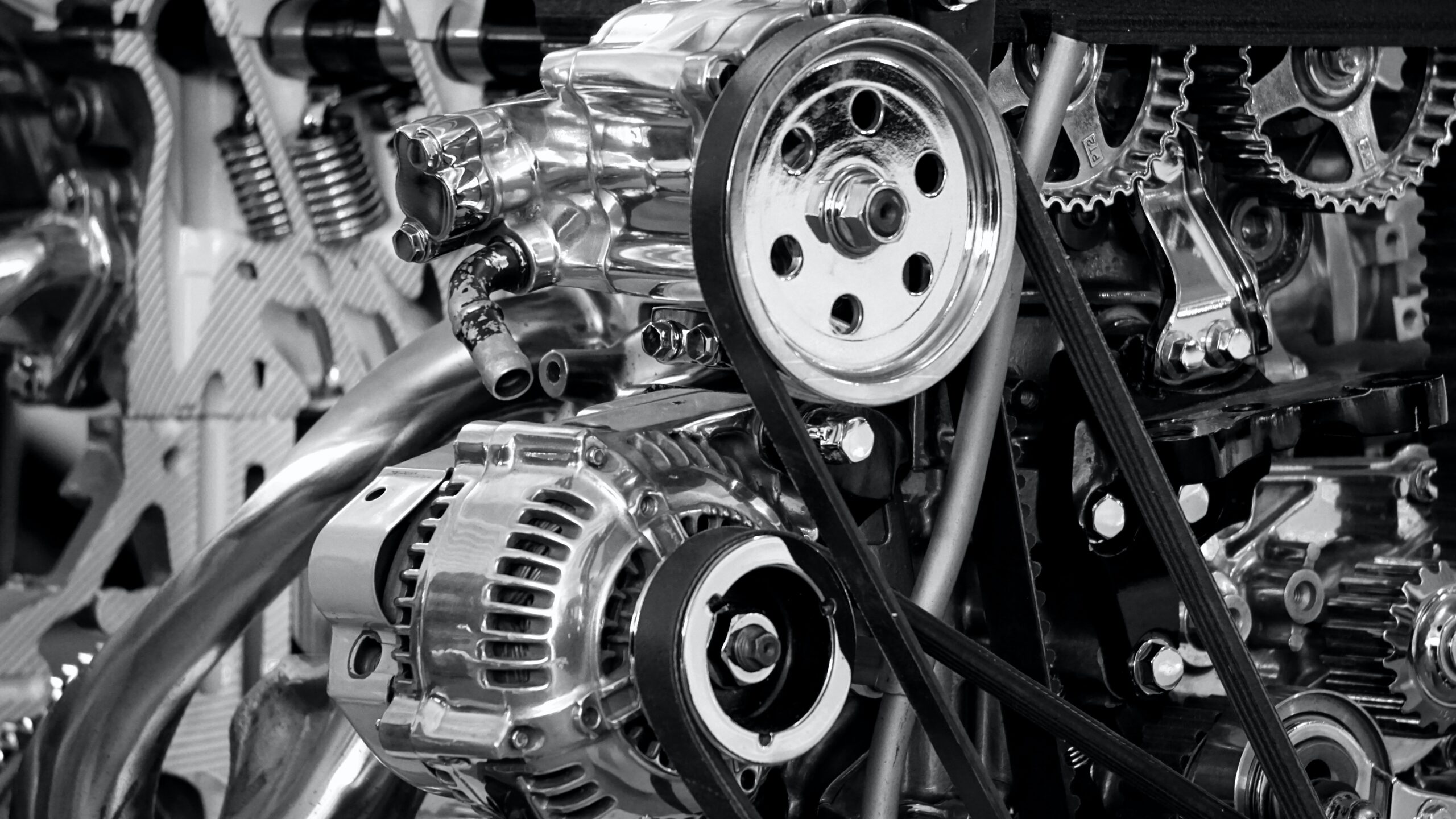Check Out a Vast Array of Engines for each Automobile and Objective
The auto landscape is increasingly complex, with a diverse array of engine kinds made to satisfy specific efficiency and effectiveness needs throughout numerous car categories. Furthermore, sturdy engines serve the demands of work cars, while green choices are getting traction in the quest of sustainable transportation.
Sorts Of Automotive Engines
Automotive engines can be categorized right into several unique kinds, each developed to fulfill particular efficiency and efficiency demands. One of the most typical groups include inner combustion engines, electrical engines, and hybrid systems.

Electric engines, on the other hand, operate on electric power stored in batteries, offering instant torque and zero emissions. These engines are coming to be progressively popular because of innovations in battery innovation and the expanding emphasis on sustainability.
Hybrid systems integrate both interior burning and electric engines, making it possible for cars to maximize fuel effectiveness and lower emissions by seamlessly changing in between source of power. Each engine kind provides its benefits and downsides, affecting aspects such as vehicle design, planned usage, and market need. Recognizing these differences is critical for customers and producers alike when choosing the ideal engine for their specific needs.
Efficiency Engines for Sports Cars
Efficiency engines for sporting activities cars are specifically engineered to deliver enhanced power, agility, and speed, setting them besides typical auto engines. These engines typically use sophisticated innovations such as turbocharging, supercharging, and variable valve timing to make best use of performance and responsiveness.
Commonly, efficiency engines are created with greater compression ratios, which enable greater power extraction from fuel. This leads to excellent horse power and torque figures, enabling fast acceleration and greater full throttle. The light-weight products utilized in these engines, such as aluminum and carbon fiber, add to reduced overall automobile weight, enhancing handling and ability to move.
Engine configurations like V6, V8, and also hybrid systems prevail in efficiency cars, each offering unique advantages in terms of power distribution and driving dynamics. The adjusting of these engines is likewise essential; several suppliers enhance the engine management systems to provide an exhilarating driving experience, often consisting of sporting activity modes that adjust throttle feedback and gear changes.
Efficient Engines for Daily Commuters
In the realm of day-to-day commuting, effective engines play a critical role in enhancing gas economic climate and minimizing discharges while giving reputable performance. As urban populations expand and ecological concerns heighten, the need for vehicles geared up with effective powertrains has actually risen.
Modern engines designed for daily travelers often integrate innovations such as turbocharging, straight gas injection, and hybrid systems. Turbocharging improves engine performance by forcing more air right into the combustion chamber, enabling smaller sized, lighter engines that do not compromise power outcome. Straight fuel injection boosts fuel atomization, causing far better burning and raised performance.
Crossbreed engines, incorporating inner burning with electrical power, more boost gas economic situation, specifically in stop-and-go website traffic, where traditional engines can experience ineffectiveness. Electric motors assist during acceleration and can operate independently at reduced rates, lowering total gas usage.
In addition, advancements in engine management systems and light-weight products add substantially to reliable engine style. By concentrating on efficiency, toughness, and ecological sustainability, manufacturers remain to supply engines that not just meet the needs of day-to-day commuting but also straighten with international initiatives to decrease carbon footprints.
Heavy-Duty Engines for Job Cars
Heavy-duty engines for job automobiles are regularly crafted to provide outstanding torque and dependability under demanding problems. These engines are developed to perform in settings where standard engines may fail, such as building and construction sites, logging procedures, and farming settings. The key focus of heavy-duty engines is their capacity to generate high degrees of power while maintaining durability over prolonged periods of procedure.
Generally, sturdy engines utilize innovative materials and durable construction strategies to withstand the roughness of heavy workloads. Attributes such as strengthened cylinder blocks, improved cooling systems, useful content and advanced gas injection modern technologies add to their performance. These engines often operate at reduced RPMs, which why not find out more assists to optimize gas efficiency while offering the necessary power for transporting and pulling.
In enhancement to mechanical effectiveness, durable engines are frequently outfitted with sophisticated electronic control systems (ECUs) that take care of efficiency, emissions, and diagnostics. This combination enables for far better surveillance and maintenance, making sure that job vehicles remain functional and reliable.
Ultimately, durable engines are an essential component in the efficiency of different sectors, giving the necessary power and dependability to tackle the toughest of tasks.
Eco-Friendly Engine Options
The growing emphasis on sustainability has actually led to the development of green engine alternatives that focus on lowered emissions and improved fuel efficiency. These engines are designed to minimize the ecological influence of vehicles while still supplying the efficiency and integrity anticipated by customers.
Amongst one of the most significant green options are hybrid and electric engines. Hybrid engines integrate typical internal burning engines with electrical propulsion, enabling for minimized fuel usage and reduced greenhouse gas discharges. Electric engines, on the other hand, operate entirely on battery power, producing absolutely no tailpipe exhausts and browse around these guys contributing to cleaner air quality.
Another promising advancement is the development of biofuel engines, which make use of renewable energies, such as plant products, to power vehicles (Engines For Africa). By utilizing biofuels, these engines can decrease dependence on nonrenewable fuel sources and lower total carbon footprints

As the vehicle industry progresses, environment-friendly engine options will certainly play an important role in driving the shift towards even more sustainable transportation solutions.
Verdict
From high-performance engines that boost sporting activities vehicle abilities to effective designs focusing on gas economy for daily commuters, each type serves a certain feature. Sturdy engines cater to robust job vehicles, while environmentally friendly alternatives, such as electrical and biofuel engines, promote sustainable transportation.
